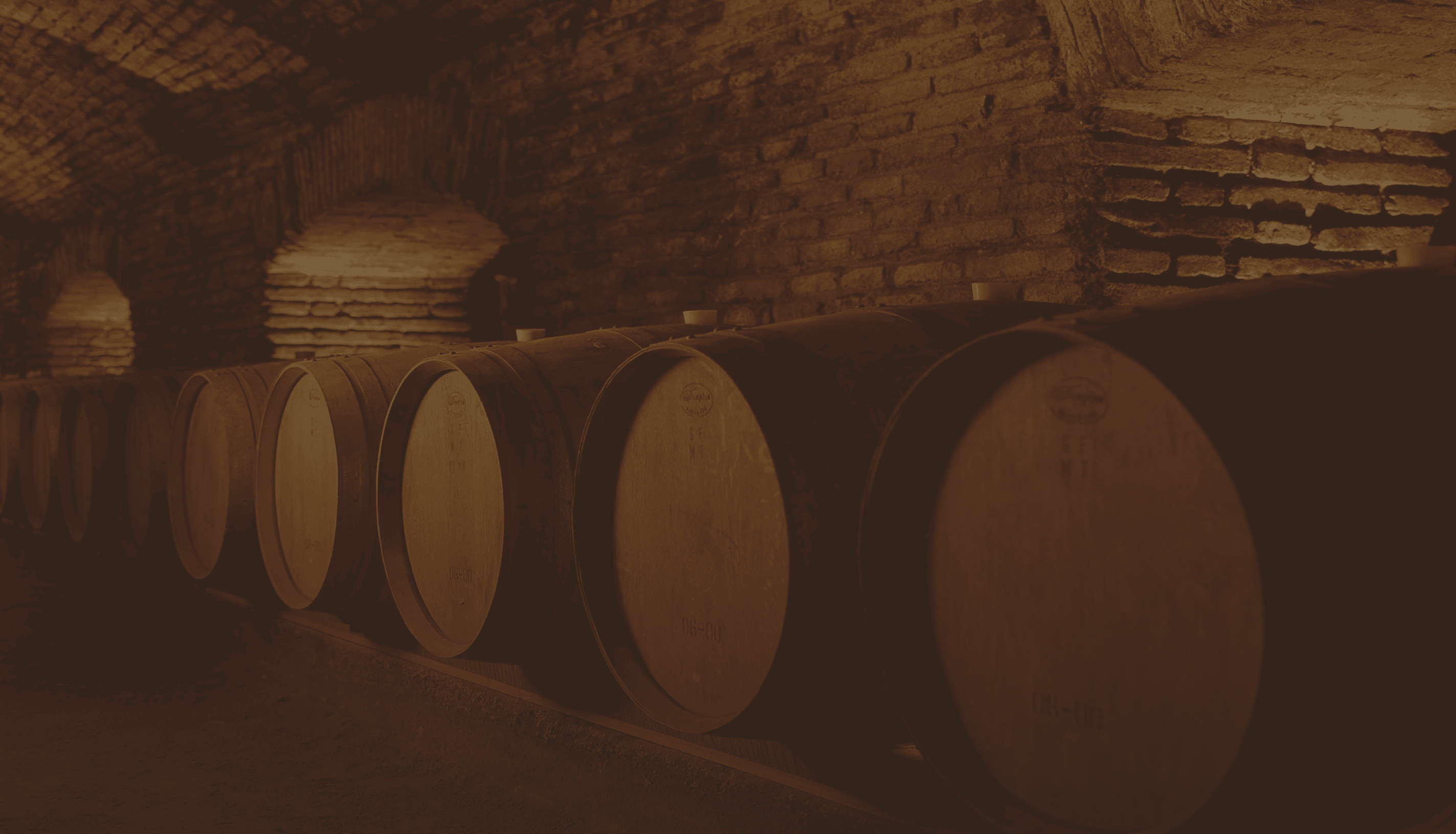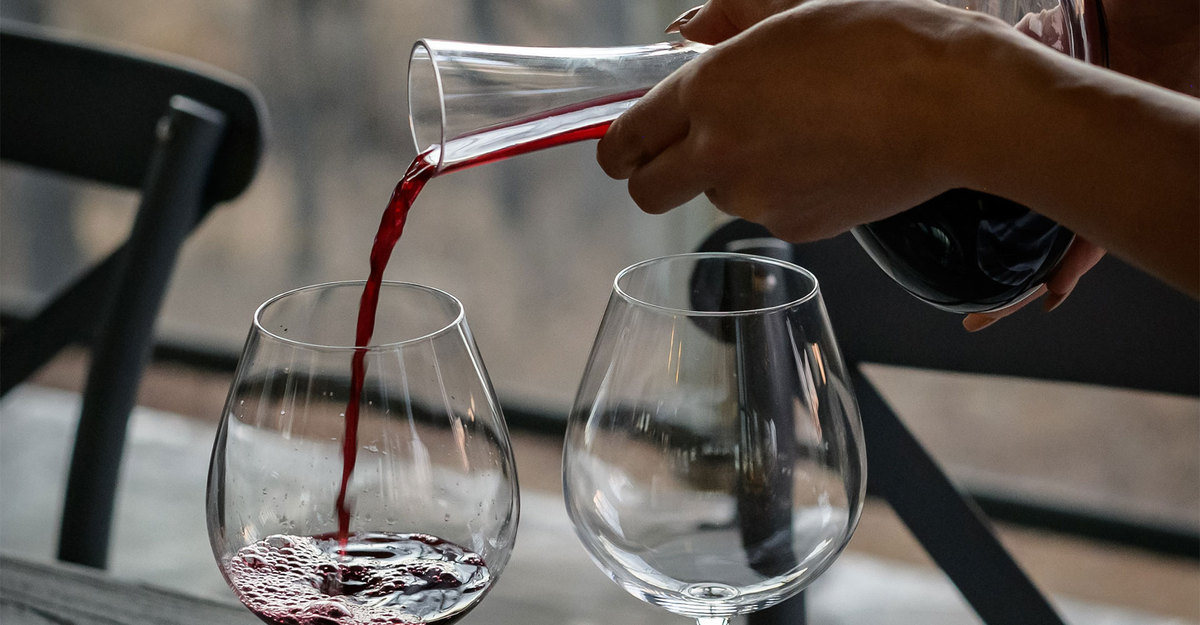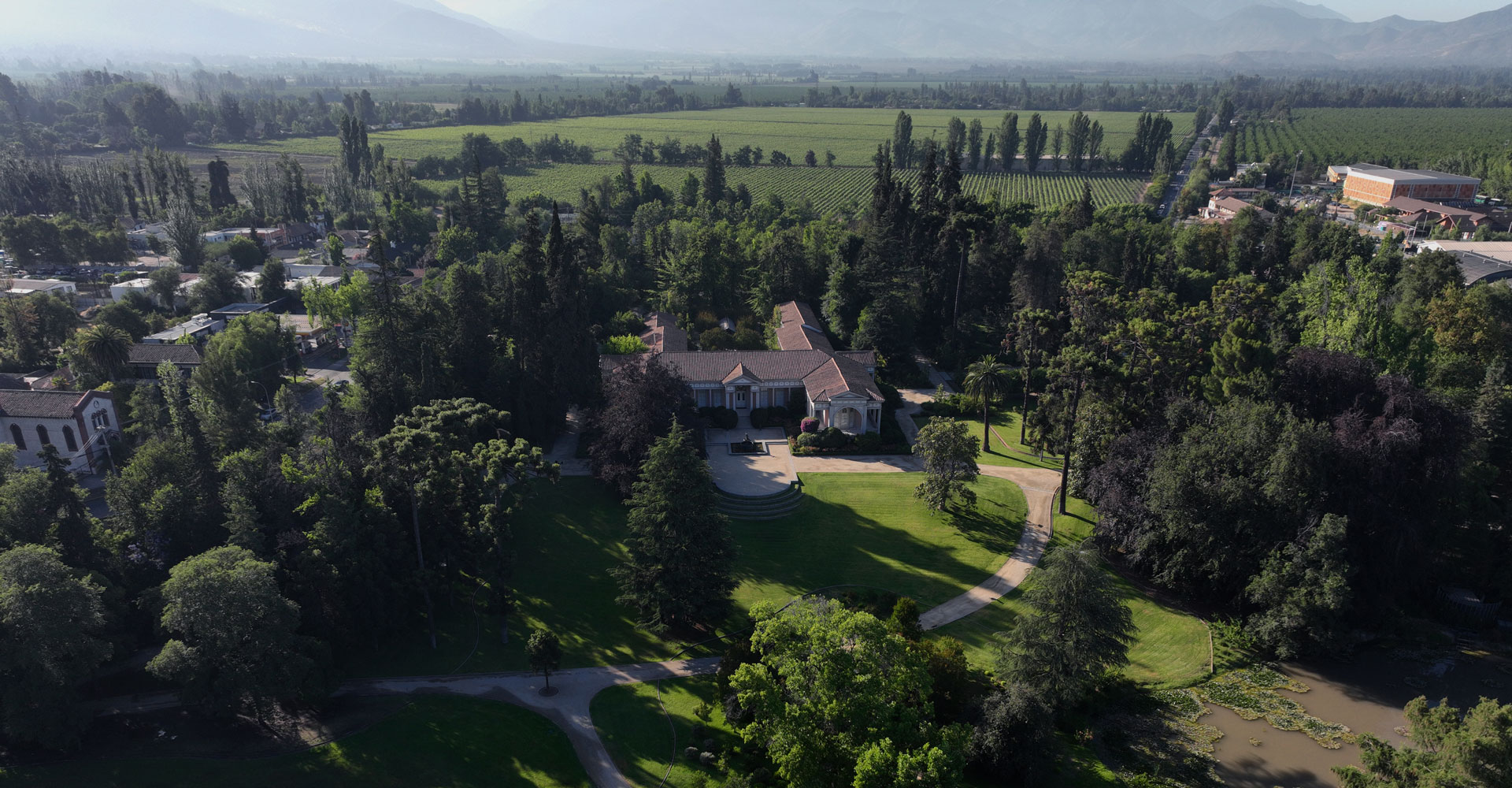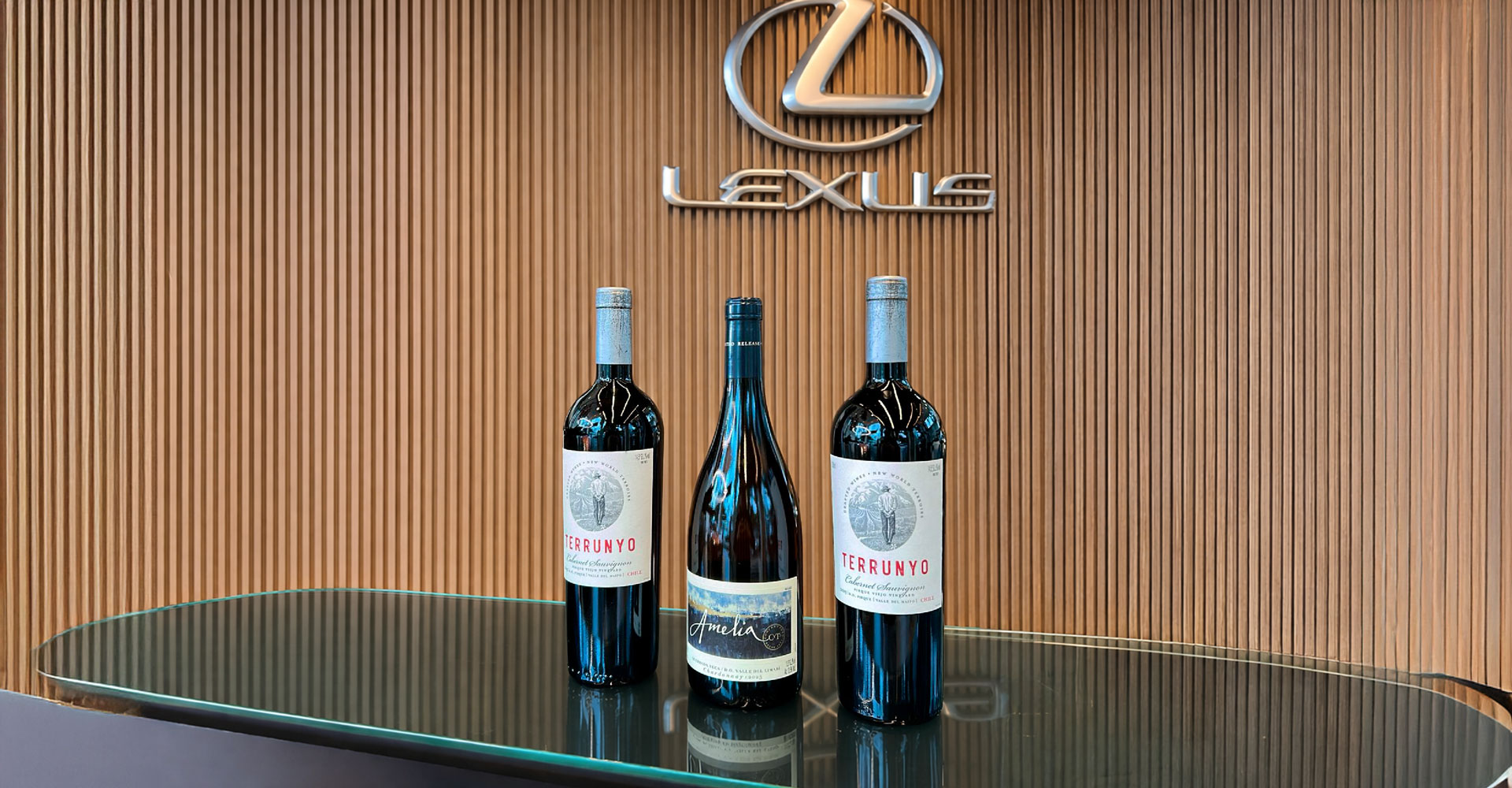30 de September de 2021
Why does wine need to breathe?
Although the objective of this article is to answer this question, first it is important to clarify that not all wines need to be decanted. But what does it mean to decant? It is when we transfer the wine from the bottle to another wider container, so that it comes into contact with oxygen before drinking it. This will particularly help older wines that have been aged for many years (to, for example, remove the sediments that stay at the bottom of the bottle) and very young red wines, since they have a high tannin content.
However, contact with oxygen cannot only be done through a decanter. It is enough to pour a little wine into a glass and swirl it a few times so that the air begins to do its work. Or use some of the gadgets available on the market, such as the wine aerator Coravin. Anyway, it is advisable to taste the wine first and then evaluate whether it needs to be aerated or not. How to know? If the wine is “closed”, that is, it does not smell of anything; or, on the contrary, it smells like a rotten egg or garlic. Or if the wine tastes very structured and concentrated on the palate, they are all indicators that the wine could benefit from contact with oxygen.
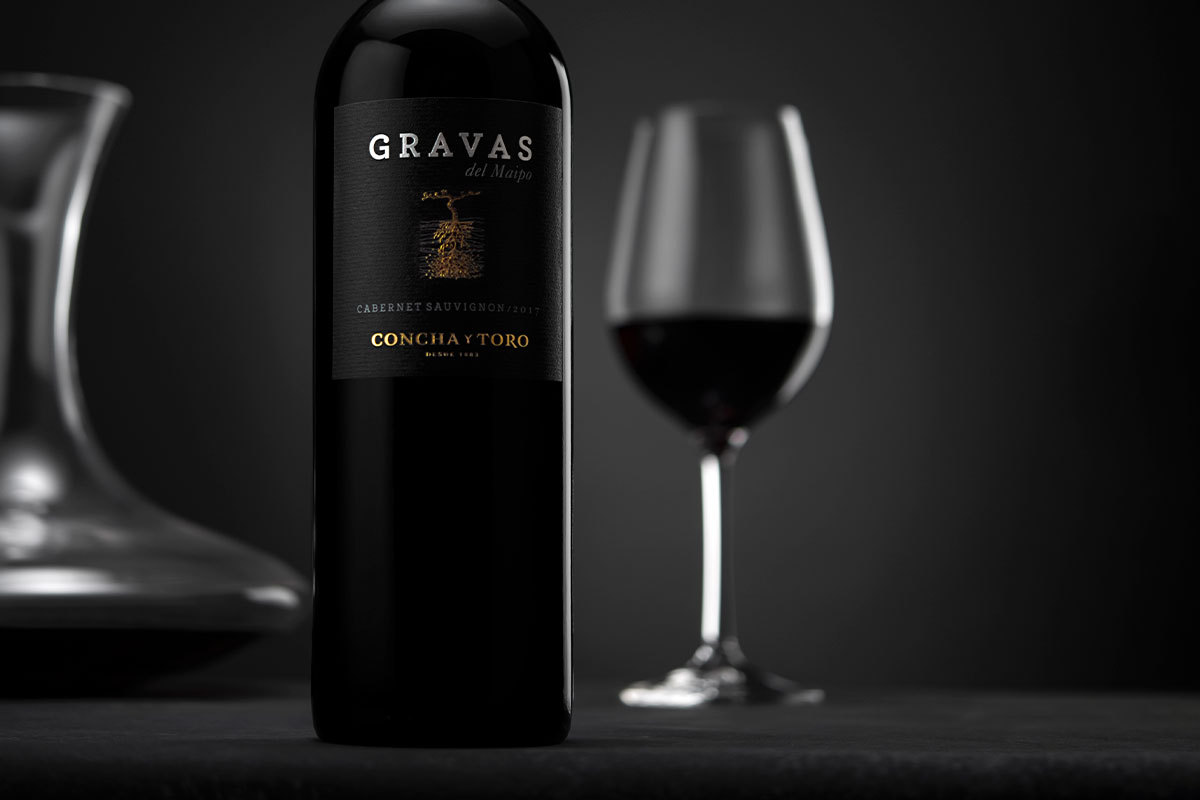
How oxygen helps wine
The effect of oxygen in wine, is that it helps to express its virtues after having been enclosed in the bottle. In fact, when a wine has not been in contact with oxygen during its production, it also develops what is known as “reductive aromas”. Which are nothing more than sulphur components that deliver unpleasant aromas of rotten egg (hydrogen sulphide), garlic (diethyl sulphide), or fermented cabbage (dimethyl sulphide), to name a few. If you open a bottle and find any of these aromas, don’t panic. With the help of a decanter or by swirling the wine in the glass, they should disappear after about 10 or 15 minutes and the true aromas of the variety should be unmasked.
But the air not only helps to eliminate reductive aromas. It can also assist to open or soften very powerful wines such as very young red. Varieties like Cabernet Sauvignon, Syrah or Malbec, after coming into contact with oxygen, will see their tannins and roughness softened. Do you want to try this? I recommend you doing it with Gravas del Maipo Syrah or Marques de Casa Concha Cabernet Sauvignon.
While for sturdy and full-bodied wines such as Carmín de Peumo, the air will help the strong oak aromas to integrate with the fruit and, if that were the case, with the high levels of alcohol.
And then we can’t stop mentioning the old wines. Those of us who always think of decanting given the romanticism that surrounds this ritual.
Due to the fact that they have been stored in the bottle for many years, it is totally normal for them to develop sediments (solid particles): the use of a decanter will prevent these from reaching the palate so the wine does not become unpleasant. However, the time an older wine must spend in a decanter is crucial. Do not decant it for hours, or it will over-oxidize, and it will lose its special delicacy! One or two minutes is more than enough. Now, if we are talking about a high-end wine that has been in the bottle for more than 10 years, like Don Melchor, between 30 minutes and an hour is perfect.
White, orange and sparkling wines
It is wrongly believed that these wines would not benefit from contact with the air. But the truth is that robust white wines or white wines fermented with their skins, better known as orange wines, could see their tannins softened or more integrated wood aromas.
How long?
The time that a wine comes into contact with the air is very important, since the aromas could also fade in a matter of minutes. This is why the time will depend on the wine, the vintage and how it reacts to oxygen. It is best to try oxygenating a little wine in a glass, see if it expresses itself better after a few minutes and then decide whether to decant the entire bottle or not. You will see how at first the wine opens in a pleasant way, but after a long time the flavours and aromas will decline.
